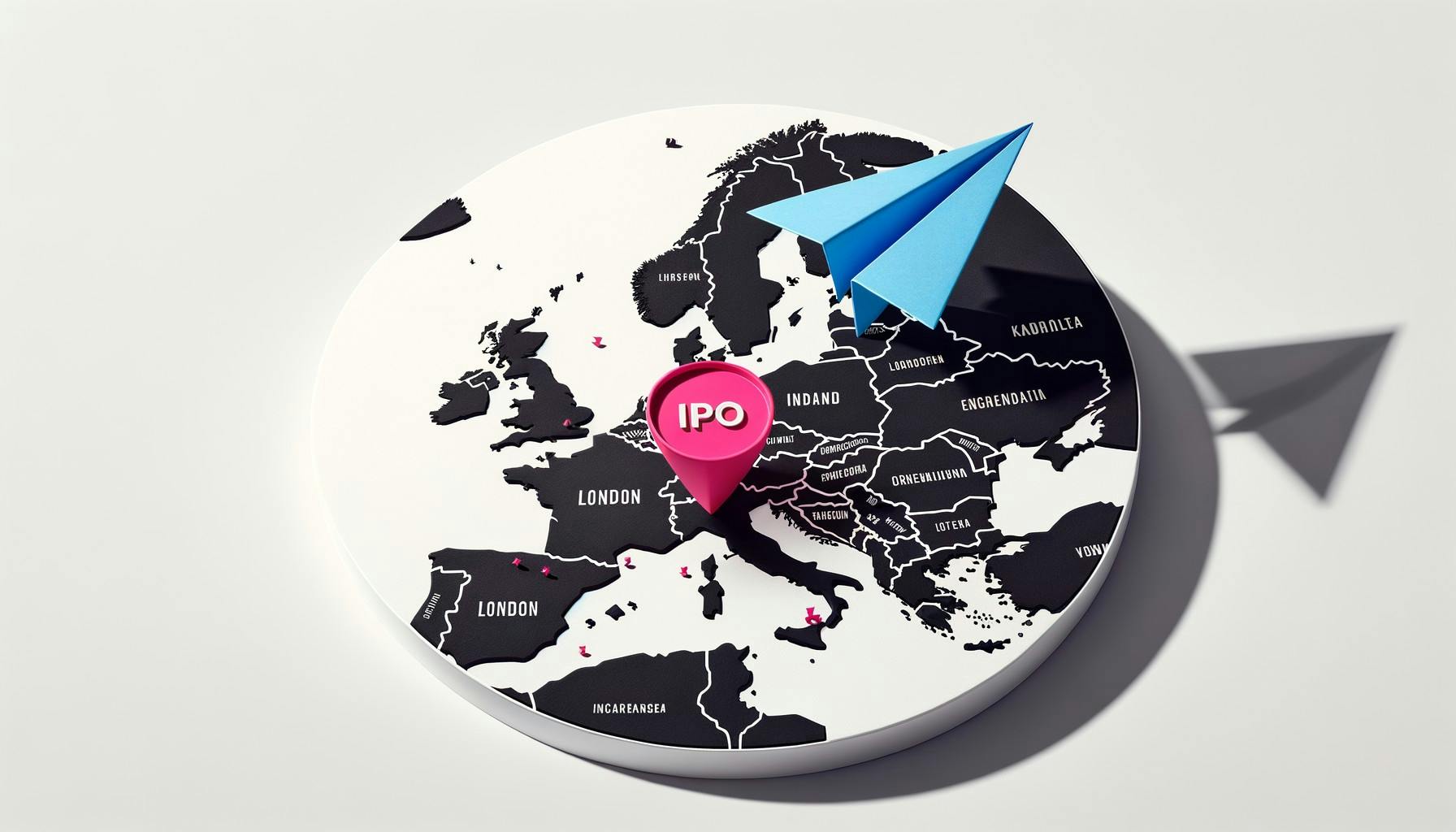European Union’s Big Tech battle – Opinion News

By Siddharth Pai
The European Union (EU) has long prided itself on being a global leader in the regulation of Big Tech, with initiatives like the General Data Protection Regulation (GDPR) and the more recent Digital Markets Act (DMA) and Digital Services Act (DSA). These frameworks are seen as trailblazing attempts to curb the monopolistic tendencies and societal harms posed by major technology firms. But even as the EU ramps up enforcement, a curious countercurrent is emerging: figures with ties to Big Tech are stepping into positions of influence within the EU’s regulatory ecosystem. This raises the question: is the EU at risk of softening its stance on the tech giants, and what would that mean for global efforts to regulate them?
The recent election of Aura Salla, a former lobbyist for Meta (Facebook’s parent company), to the European Parliament has intensified this debate. Salla, whose tenure at Meta included steering the company’s European policy and external relations, is not just any candidate — she embodies a symbolic pivot in the EU’s regulatory narrative. Critics argue that her election signals an alarming cosiness between Big Tech and policymakers, potentially compromising the EU’s hard-earned reputation for regulatory rigour. Salla’s supporters, however, paint a different picture. They argue that her insider knowledge of Big Tech’s operations and strategies could be an asset, enabling more targeted and effective regulations. After all, to regulate giants like Meta, one must understand their inner workings. Yet, scepticism abounds: can someone so intimately tied to the industry truly advocate for policies that might harm its profits?
Salla’s case is not unique. Across Europe, there has been a growing trend of former Big Tech executives entering regulatory or advisory roles within governments and the EU apparatus. We now have Vivek Ramaswamy and Elon Musk in the US. These individuals bring valuable expertise in a notoriously complex and fast-moving domain. On the other hand, their presence risks creating a conflict of interest — or at least the appearance of one.
The “revolving door” phenomenon between industry and government is not new, but it poses unique challenges in the context of Big Tech. Unlike traditional industries, technology platforms wield immense power over the flow of information and personal data. If regulators are too sympathetic to industry concerns — whether due to personal ties or professional backgrounds — the pace of reform could slow, potentially leaving consumers and smaller competitors vulnerable.
The EU’s aggressive stance against Big Tech has inspired governments worldwide, from Australia to the US, to draft their own regulatory frameworks. If the EU were to pull back — whether because of lobbying, internal inertia, or the influence of industry-linked regulators — it could have ripple effects far beyond Europe.
For one, it could embolden tech companies to resist regulation in other regions. After all, if the EU, with its reputation for toughness, starts to flinch, why should other governments not? Furthermore, smaller nations that lack the resources to tackle tech monopolies often independently rely on EU precedents and partnerships to push for fairer digital markets. A slowdown in Europe could leave these countries without a model or ally. Moreover, the EU’s leadership has set a moral and practical benchmark: democracies can challenge corporate power without stifling innovation. If that narrative falters, it might strengthen the argument that Big Tech is too unwieldy to regulate effectively — a dangerous concession in a world increasingly dependent on a handful of corporations for everything from communication to commerce.
The tech giants remain formidable even with the EU’s robust regulatory frameworks. The GDPR, for instance, has been hailed as a landmark in data protection, but enforcement has been patchy. Critics argue that regulators have been too slow to impose significant penalties or mandate meaningful changes to corporate behaviour. Meta, Google, Amazon, and others dominate markets, often with only minor concessions to regulators. If the EU’s regulatory machinery slows, this uneven enforcement may worsen. Big Tech firms, already adept at exploiting legal loopholes and jurisdictional grey areas, could become even more emboldened. And as new technologies like generative artificial intelligence and the metaverse emerge, the stakes are only getting higher. Without stringent oversight, these innovations could exacerbate issues, from data misuse to algorithmic bias, while introducing new challenges.
To maintain its leadership, the EU must address the growing perception of regulatory capture. Transparency is critical: all appointments of former industry figures to regulatory roles should be scrutinised to ensure there are no conflicts of interest. Additionally, robust “cooling-off” periods between private-sector jobs and public service roles could help mitigate the risks of undue influence. At the same time, the EU must double down on enforcement. More than just passing ambitious legislation is required; it must be implemented swiftly and consistently. This includes equipping regulators with the funding and expertise to stand toe-to-toe with some of the world’s wealthiest corporations. Finally, the EU must recognise its role as a global standard-bearer. By continuing to set bold examples, it can inspire and support other governments in their regulatory efforts. Conversely, retreating from leadership would undermine these efforts and leave consumers worldwide at the mercy of monopolistic practices.
As the digital age accelerates, the question of who regulates Big Tech — and how — is becoming one of the defining challenges of our time. The EU’s approach has not been perfect, but it has been a crucial counterweight to corporate power. Whether through Aura Salla’s election or the broader trend of industry-linked regulators, the EU must tread carefully. Its credibility and the future of global tech regulation hang in the balance.
The writer is technology consultant and venture capitalist.
Disclaimer: Views expressed are personal and do not reflect the official position or policy of FinancialExpress.com. Reproducing this content without permission is prohibited.
Related
European Tech Funding Faces Slowdown As New IPO Opportunities Emerge
What’s going on here?As venture capital tightens its purse strings in 2024, European tech startups are experiencing a slowdown in funding, though over 100 fir
Venture funding in Europe in 2024 fell to $45 billion,…
Funding for European tech appears to have stabilised in 2024 after dropping precipitously in 2023, but the signs continue to point to more tough times ahead, a
This is European tech CEOs plan to take on ‘America…
European tech CEOs are reportedly calling for regional countries to take stronger action against Big Tech's dominance and reduce reliance on the U.S. for crit
Verizon CFO to Present at Morgan Stanley European Tech Conference…
Verizon (NYSE, Nasdaq: VZ) announced that Tony Skiadas, executive vice president and chief financial officer, will speak at the Morgan Stanley







